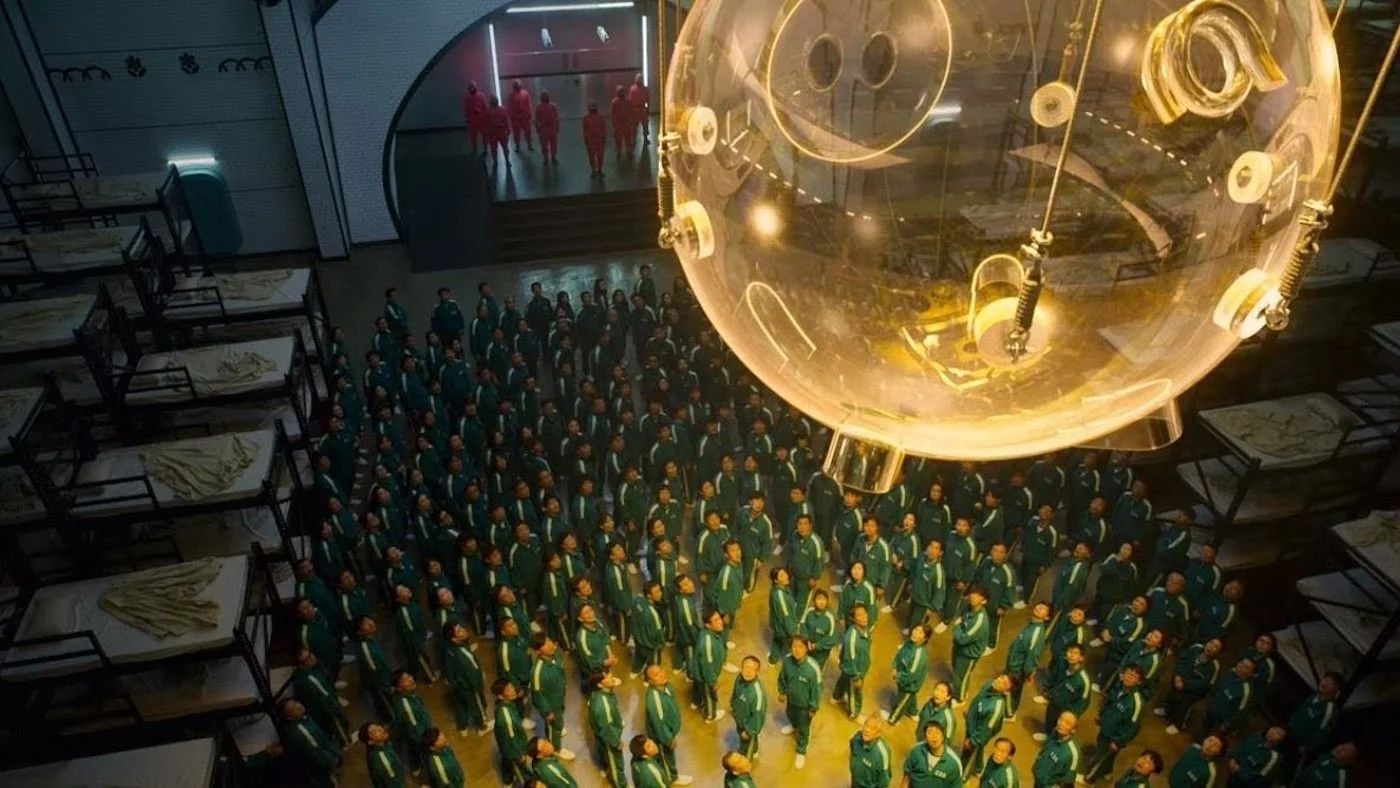No More Stolen Sisters
The American #MeToo Movement and its sister campaigns around the world—#NiUnaMenos in Argentina, #TheFirstTimeIGotHarassed in Egypt, #BalanceTonPorc in France, #WithYou in Japan, #PremeiroAssedio in Brazil, among others—have allowed women both domestically and abroad to make great strides in dismantling the societal power dynamics that enable sexual assault to flourish. These global grassroots campaigns have been essential in shifting gender inequality’s onerous tectonic plates. Yet, despite the wide reach of #MeToo, several domestic demographics have been excluded from the mainstream American female empowerment movement.
Last month, hundreds of protestors took over the streets of Billings, Montana. The demonstration was an outgrowth of the Missing and Murdered Native American Women (#MMIW) movement, aiming to raise awareness of the high rate of missing and murdered indigenous women—and the government’s continued lack of a response.
While sexual assault is a problem for all female demographics, Native American women are disproportionately affected by violence. According to a 2016 Justice Department investigation, Native American women are two times more likely than the general population to be sexually assaulted and 2.5 times more likely to experience violence of any kind during their lifetime. Due to jurisdictional issues between federal, local, and tribal law enforcement, however, most of these crimes go unsolved. A report produced by the Urban Indian Health Institute found that 5,712 Native American Native women were reported missing to the National Crime Information Center, yet, only 116 were officially recorded in the U.S. Department of Justice’s federal missing persons database.
Increased protections for Native American women are long overdue. The exploitation of Native American women dates back to the colonial period when European men were sent to survey the Americas. With no European females on the new continent, male settlers forced Native women into sexual relationships. Being matrilineal, Native American communities have great respect for females and, consequently, low rates of sexual violence. As such, Native American tribes view crimes of a sexual nature not only as an attack on the individual but also on the community. In fact, the Cherokee Nation only had to codify laws punishing rapists in the nineteenth century, after a period of close contact with white settlers.
In 1934, Native American reservations were made legal sovereign nations and given the right to govern themselves within the US border. This change gave reservations the jurisdictional power over crimes committed within their territory. However, the 1978 U.S. Supreme Court decision Oliphant v. Suquamish Indian Tribe greatly limited the ability of Native Nations to punish and try non-Native Americans. This gap between Native American and federal jurisdiction has created a safe haven for criminals on tribal reservations.
Savanna’s Act aims to solve this crisis. The bill was introduced in Congress in 2017 after the brutal murder of Savanna Greywind, a pregnant 22-year-old North Dakota woman and member of the Spirit Lake Nation. Addressing impunity on reservations—the root cause of the high rate of victimization of Native American women—without spending federal money, Savanna’s Act is a simple, cost-effective solution to the MMIW crisis.
****
While the high rates of sexual assault against American women is a high-profile crisis, the extremely high rates of violence against Native American women is hidden in tribal communities: a small, historically marginalized group.
I would assume that most (if not all) of us reading this consider ourselves women’s rights advocates and salient supporters of the #MeToo Movement, yet surprisingly few of us are aware of the plight of marginalized women. Sure, when a new state proposes an abortion ban, our Instagram feeds are flooded with stories and posts about women’s rights, yet when common-sense legislation to protect Native American women (e.g. VAWA revisions, Savanna’s Act) gets voted down: silence.
In order to make #MeToo an inclusive movement, we need to educate ourselves and fight not only for the issues that directly affect ourselves and people like us, but also the issues that affect women in every spectrum of society—of every race/ethnicity, religion, ability, and sexual orientation. The rights of marginalized women are our rights too. MMIW should not have to be a standalone movement. Rather, it should be afforded the same level of support as #MeToo. We cannot consider ourselves women’s right’s advocates as we ignore the struggles of entire demographics of the female population.
To learn more:
Contact your representative to advocate on behalf of Savanna’s Act.
By Haley Raphael
Duke student, dog mother, decisively indecisive.


















